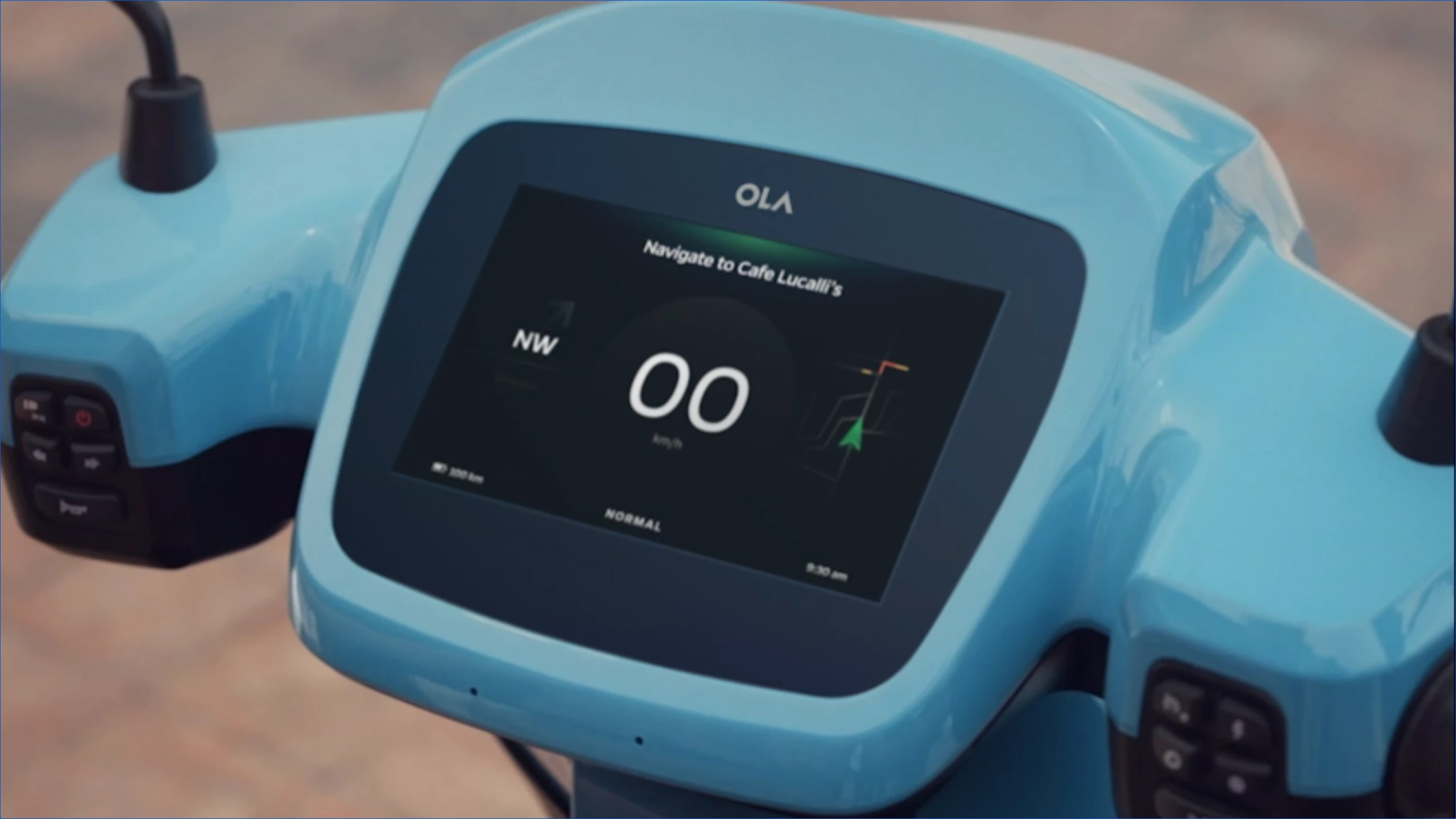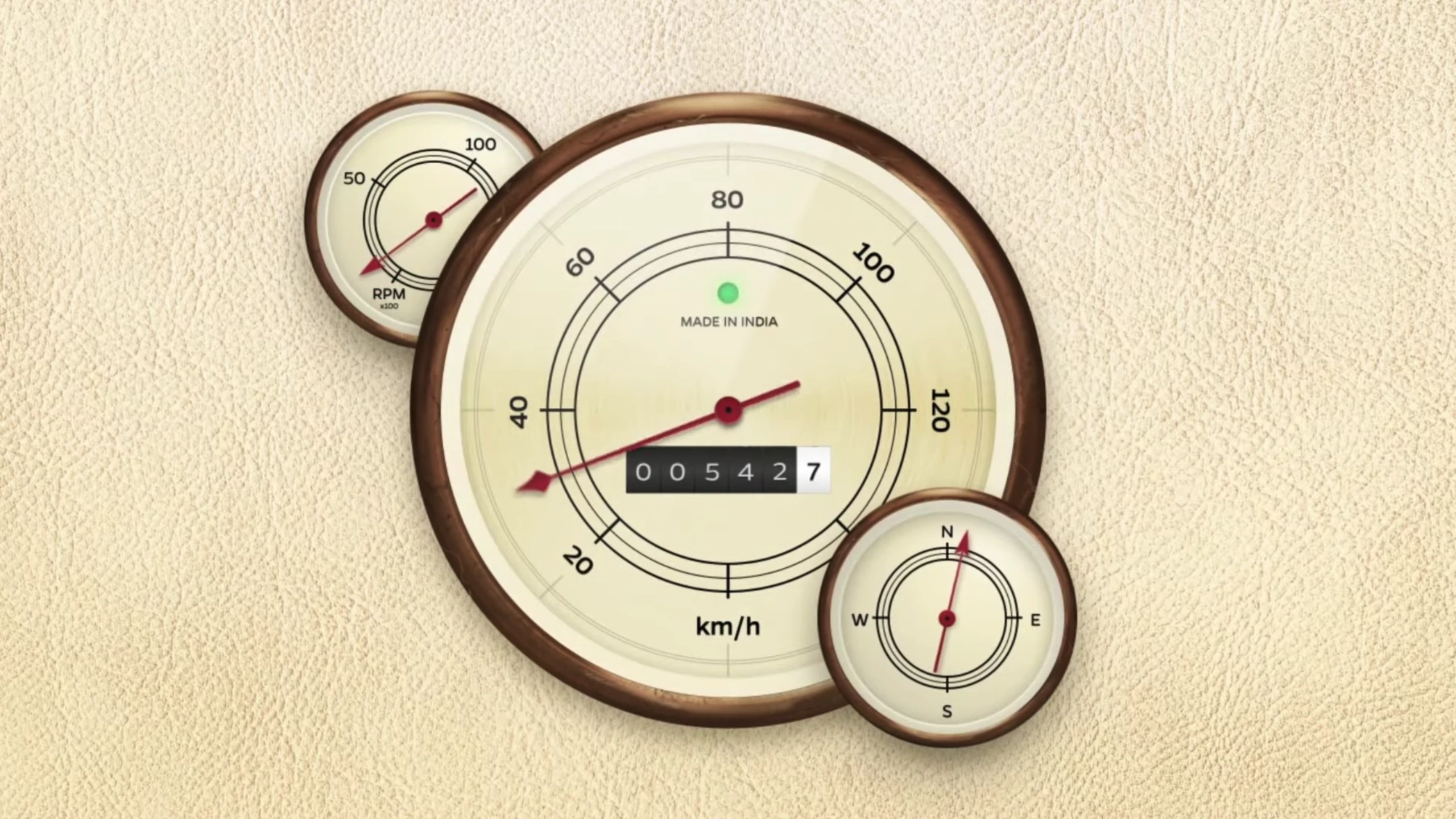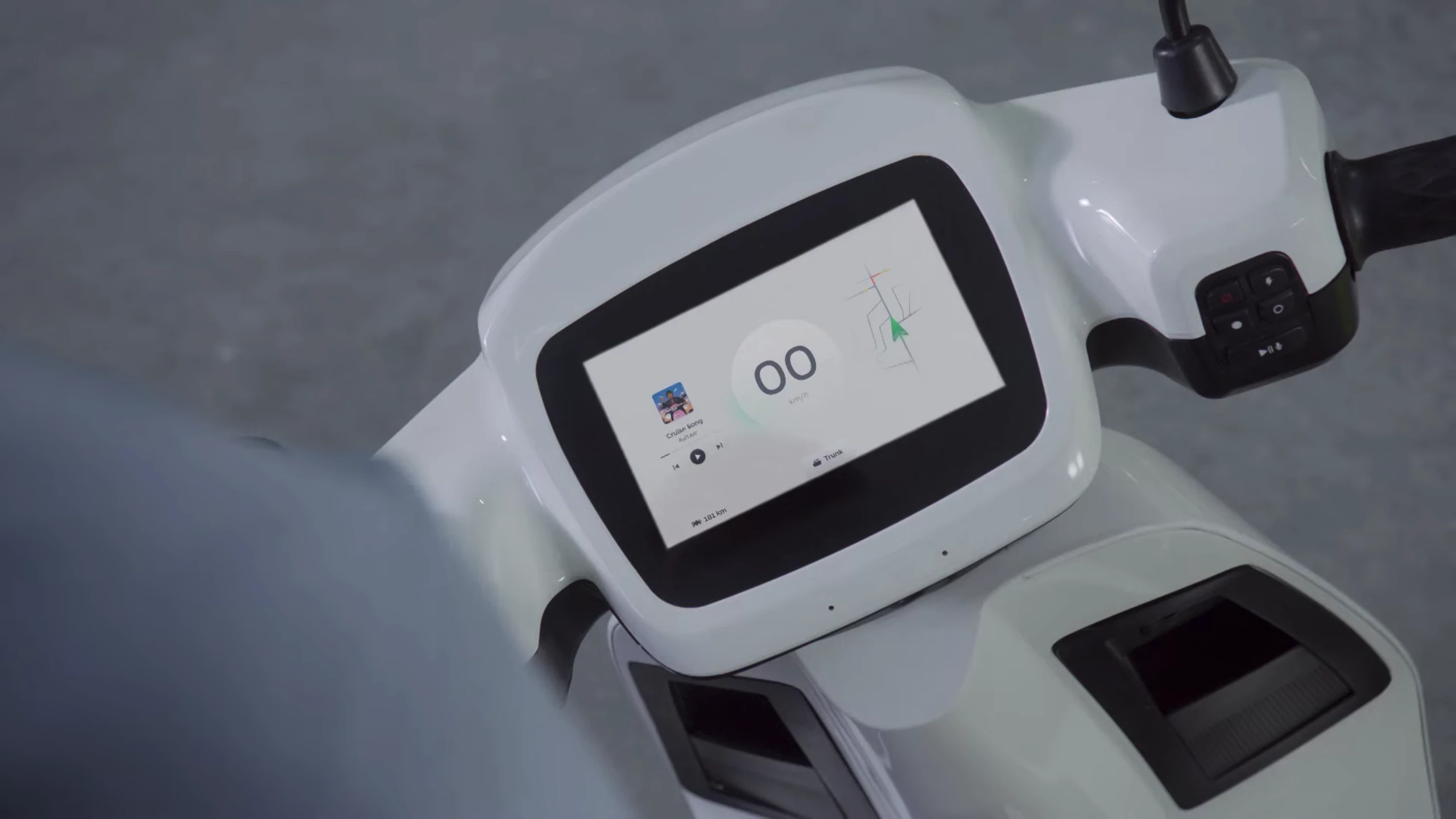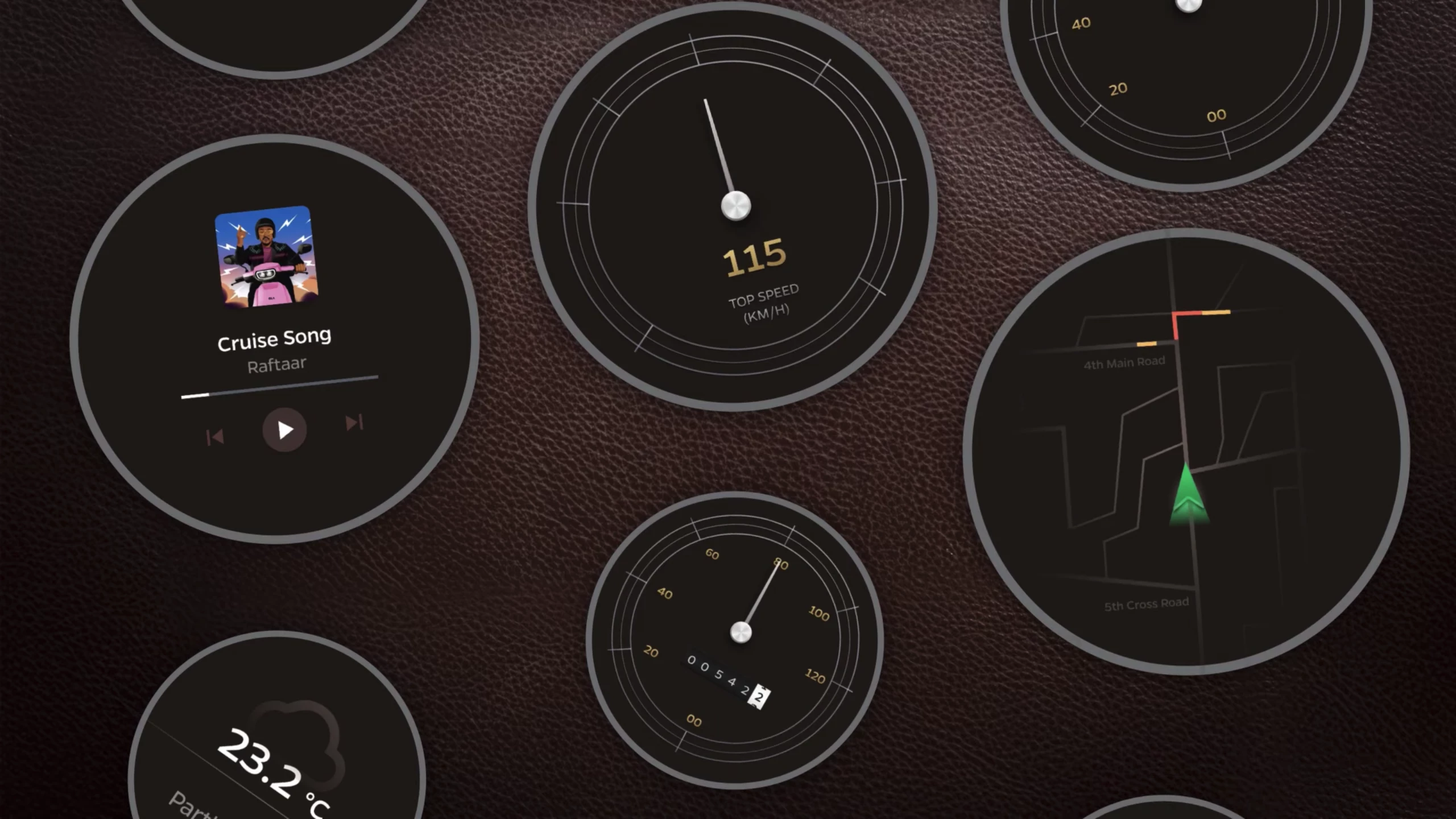Ola is building the world's largest motorcycle "Futurefactory," and planning a staggeringly massive push into India's electric scooter market. It has now made a "multi-million dollar investment" in an ultra-fast charging battery company from Israel.
It's no understatement to say the Ola S1 could end up being one of the most important vehicles in the world, full stop. It's a feature-packed, highway-capable electric scooter designed to sell from as little as US$1,345 – or just under 100,000 Indian Rupees. Even at double the money, it'd be a steal for commuters in Western cities.
Part of that rock-bottom price comes from serious volume; Ola is building the biggest motorcycle factory in history. The Futurefactory under construction now is a colossal, 500-acre, carbon-negative production complex that will be capable of pouring out up to an astonishing 10 million bikes per year once it reaches full capacity – that's around 15 percent of the entire current global motorcycle production run. So there's enormous hopes and dreams behind these scoots, and considerable pressure to get the S1 right.
Now, it seems Ola has made a move that could give its bikes some extreme fast-charging capabilities. The company has made a "multi-million dollar investment" in Israel's StoreDot, which makes it a "strategic partner" and will allow it to "incorporate and manufacture StoreDot's fast charging technologies for future vehicles in India."

StoreDot claims that its nanodot-enhanced, silicon-dominant anode, XFC lithium-ion cells will go into mass manufacture in 2024 as pouch cells and 4680-family cylinder cells, and they'll initially be able to deliver 100 miles (160 km) of scooter range in a 5-minute charge, with an impressive 300 Wh/kg specific energy – considerably more energy-dense than today's state of the art commercial cells.
Its second-gen solid-state cells, slated for 2028, promise a sky-high 450 Wh/kg, so they'll be significantly lighter, as well as even faster to charge – StoreDot claims 100 miles in 3 minutes. And in 10 years' time, the company says it's got plans for a "post-lithium" design capable of 100-mile charges in 2 minutes, with a monstrous 550 Wh/kg of energy on board. Such is the "clear, hype-free technology roadmap" that StoreDot CEO Doron Myersdorf promises partners.
"The future of EVs lies in better, faster and high energy density batteries, capable of rapid charging and delivering higher range," said Ola founder and CEO Bhavish Aggarwal in a press release. "We are increasing our investments in core cell and battery technologies and ramping up our in-house capabilities and global talent hiring, as well as partnering with global companies doing cutting edge work in this field. Our partnership with StoreDot, a pioneer of extreme fast charging battery technologies, is of strategic importance and a first of many."
It all sounds great, but the big unknown here is whether StoreDot will actually finally deliver on its fast-charge battery promises. We first encountered this company in 2014, when it was planning mass production of smartphone batteries with 30-second charging times within two years. These did not materialize. By 2017, it was saying it'd have 5-minute electric car battery packs popping up as OEM equipment by 2020. These have not yet materialized.
The company has been sending sample batteries to EV manufacturers for testing. "We are not releasing a lab prototype," Myersdorf told The Guardian in January 2021. "We are releasing engineering samples from a mass production line. This demonstrates it is feasible and it’s commercially ready." And yet the nanodot technology in these samples was based on highly expensive germanium, rather than the cheap and widely available silicon, indicating that it was perhaps not quite ready.
Still, StoreDot has taken on at least US$190 million in investments and formed similar strategic partnerships with companies including VinFast, BP, Daimler, Samsung, TDK and Eve Energy – so along with Ola Electric, plenty of serious players have liked what they've seen enough to put their money on the line. Last November, StoreDot announced that Eve Energy had managed to produce "A-series samples" of the silicon-dominant batteries in a factory in China.
We'd all like to see EV charge times drop to the level where a top-up takes no longer than filling a tank of gas. Will this be the company that makes that a reality? Watch this space.
Source: StoreDot













